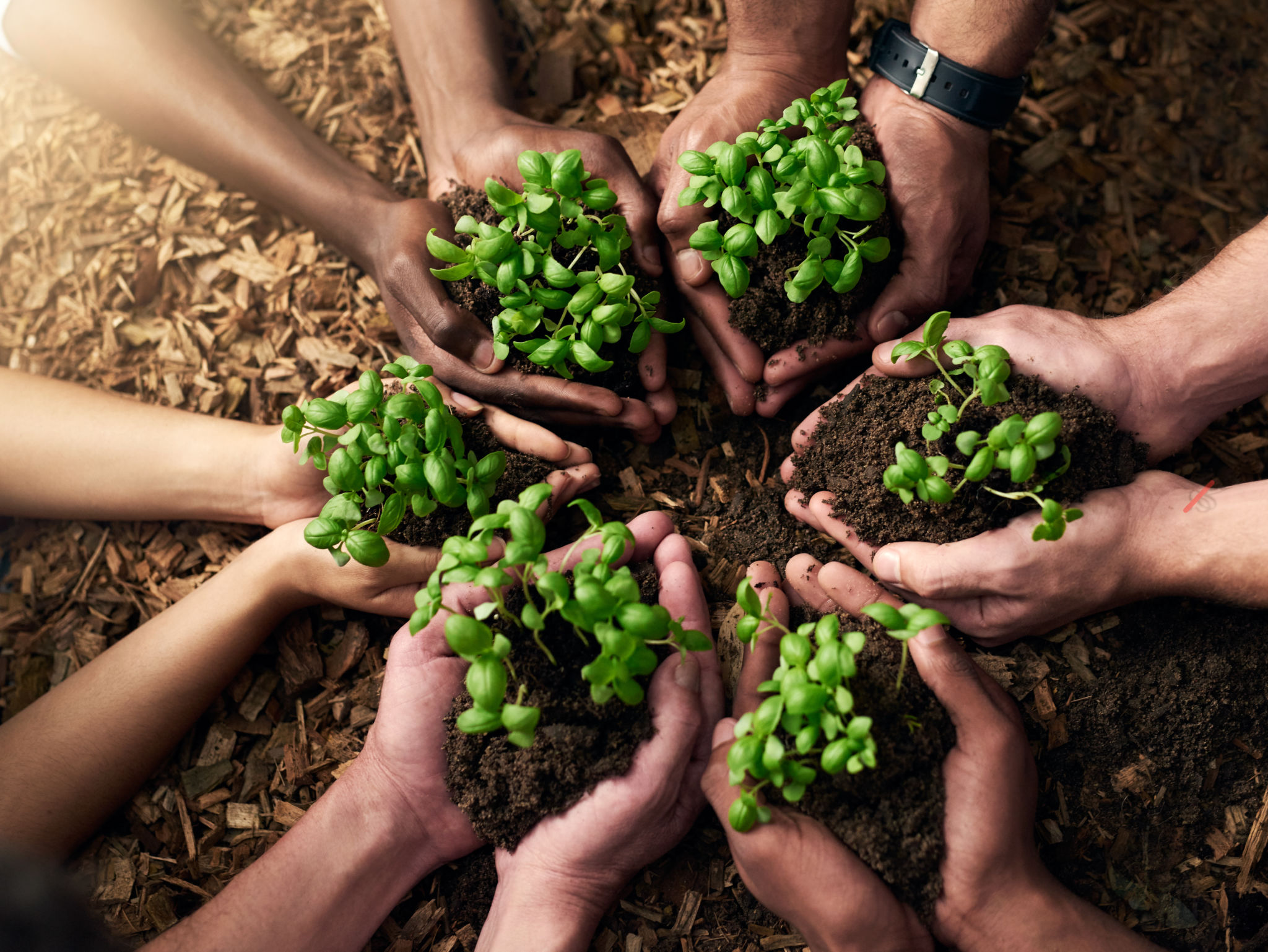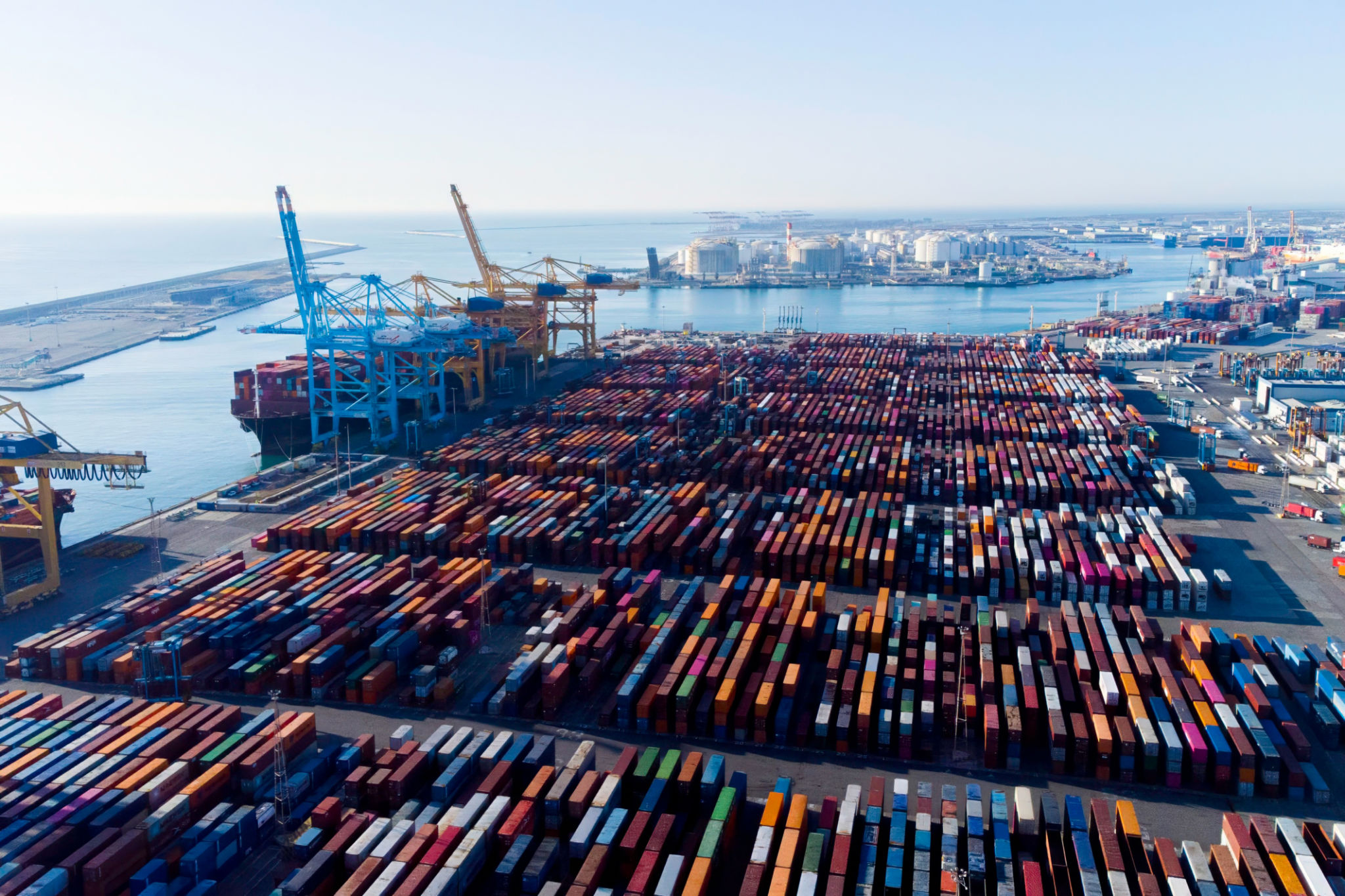The Impact of Regional Climate on Fruit and Vegetable Importing to the UAE
Understanding the Role of Climate in Agriculture
The global agricultural landscape is significantly influenced by regional climates, which play a crucial role in determining the types of fruits and vegetables that can be successfully cultivated. For countries like the United Arab Emirates (UAE), where the local climate is arid and less conducive to large-scale farming, importing produce becomes a necessity. Understanding how regional climates affect agriculture can help businesses and consumers appreciate the complexities behind fruit and vegetable imports.
Climate affects not only the growth cycle of agricultural products but also their quality and yield. Regions with temperate climates, for example, have the advantage of producing a wide variety of fruits and vegetables year-round, which is beneficial for exporting to countries with more extreme weather conditions like the UAE.

Impact on Import Patterns to the UAE
The UAE relies heavily on imports to meet its domestic demand for fruits and vegetables. The choice of import partners is strategically influenced by regional climate factors. For instance, countries with Mediterranean climates, such as Spain and Italy, are key exporters to the UAE because their climates support the cultivation of a diverse range of produce that is highly sought after in the UAE market.
In addition to European suppliers, countries in South Asia and Africa also play a significant role in supplying fresh produce to the UAE. The tropical climates of these regions allow for the cultivation of fruits like mangoes, bananas, and pineapples, which are popular in the UAE. This diversity in import sources ensures a year-round supply of fresh produce, catering to the varied tastes and preferences of UAE consumers.
Challenges Faced by Importers
Importing fruits and vegetables from regions with different climates poses several challenges. One major issue is the logistics of transportation, which must be managed carefully to maintain the freshness and quality of produce. Perishable goods require efficient cold chain logistics to prevent spoilage during transit, ensuring they reach consumers in optimal condition.

Another challenge is the fluctuation in supply due to climate-related issues such as droughts, floods, or unexpected weather patterns. These factors can lead to variability in both availability and pricing, making it essential for importers to have adaptable sourcing strategies and maintain strong relationships with multiple suppliers across different regions.
Strategies for Sustainable Importing
To mitigate these challenges, importers are increasingly focusing on sustainable practices. This includes diversifying supply chains to reduce dependency on any single region, investing in better storage and transportation technologies, and building partnerships with producers who adhere to sustainable farming practices.
Moreover, there is a growing emphasis on forecasting tools that use climate data to predict potential disruptions in supply. By anticipating changes in climate conditions, businesses can plan accordingly and minimize the impact on their operations.

Future Trends in Fruit and Vegetable Imports
Looking ahead, technological innovations in agriculture may further influence import patterns. For instance, advancements in hydroponics and vertical farming present opportunities for local cultivation, reducing reliance on imports. However, given the UAE's climatic constraints, these methods are likely to complement rather than replace traditional importing practices.
Additionally, there is an increasing consumer demand for organic and locally-sourced produce, which may drive changes in import strategies. Importers will need to balance this demand with the practicalities of sourcing from regions with favorable climates.
Conclusion
The impact of regional climate on fruit and vegetable importing to the UAE is profound, shaping both the challenges and opportunities faced by the industry. As global climate conditions continue to evolve, importers must remain agile, adopting innovative solutions and sustainable practices to ensure a steady supply of fresh produce for UAE consumers.
